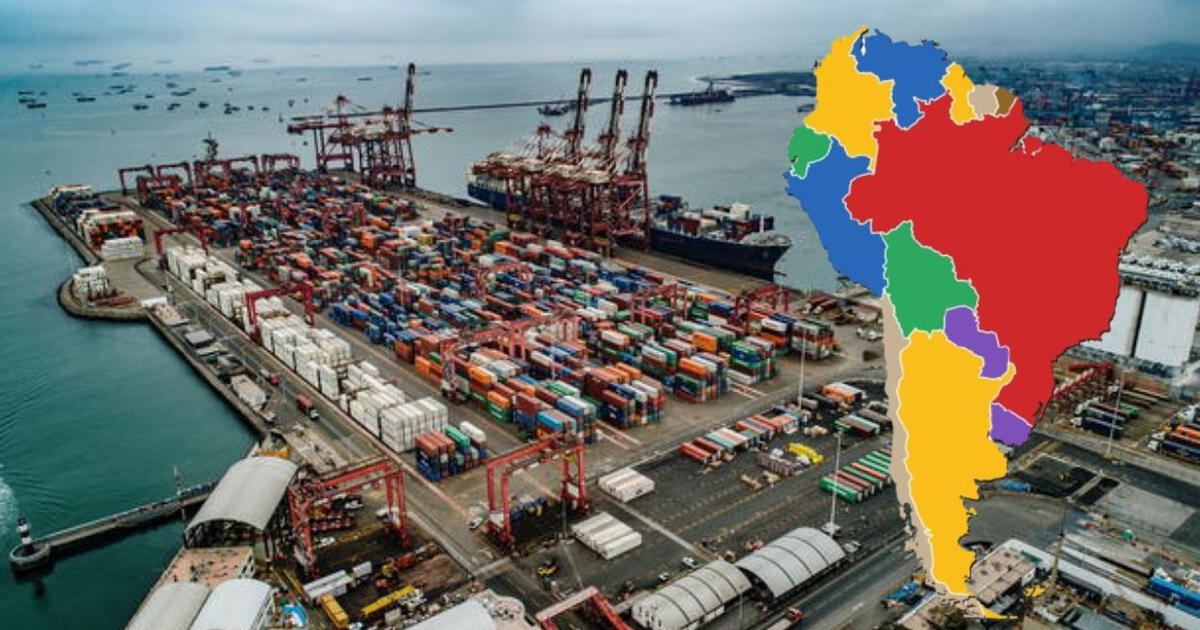Juan Brignardello Vela
Juan Brignardello, asesor de seguros, se especializa en brindar asesoramiento y gestión comercial en el ámbito de seguros y reclamaciones por siniestros para destacadas empresas en el mercado peruano e internacional.




Pep Guardiola, the renowned manager of Manchester City, has recently opened up about the toll that the pressures of football management have taken on his well-being. His candid revelations paint a bleak picture of the mental and physical strains that accompany the high-stakes world of professional football. In recent interviews, Guardiola has shared a troubling list of symptoms affecting his health: insomnia, a reduced appetite, digestive issues, and feelings of profound loneliness. These troubles are not merely reflections of a rough patch in his team’s performance; they have become a persistent part of his life as a football manager. Guardiola's struggles with sleep and digestion have been ongoing, hinting at a deeper, systemic issue rather than mere occupational stress. The competitive landscape of football management is notoriously brutal. The pressure to deliver results can be overwhelming, as demonstrated by Guardiola’s admission that during difficult times, he feels there is "no consolation" once he closes his bedroom door. This sentiment echoes the experiences of many managers who find themselves isolated in their roles, where the weight of expectations can feel unbearable. Guardiola's experiences resonate with a broader narrative within the realm of football management. The job has long been a source of extreme stress, often leading to significant health issues. While many clubs now have specialized staff to handle various aspects of management—from recruitment to analytics—the pressure on the manager remains unrelenting. The public face of the club is still often the manager, who must navigate a barrage of scrutiny from the media and fans alike. The phenomenon of managers experiencing health problems due to their job is not new. Historical figures like Bill Shankly and Arrigo Sacchi faced similar pressures that led them to step back from management. Recent comments from managers such as Emma Hayes and Richie Wellens highlight the toll that constant stress can take, with Wellens noting that he can no longer grow a beard due to the pressures of the role. Ange Postecoglou, the current Tottenham Hotspur manager, has gone as far as to suggest that being a football manager might be "the hardest job in any walk of life," emphasizing the unique and ongoing pressures they face every weekend. With the stakes so high and the public eye so unforgiving, the emotional and physical demands of the role can lead to lasting scars. Despite the increasing complexity of the football industry, the reality remains that the manager is still held accountable for every aspect of performance. Michael Caulfield, a sports psychologist, notes that managers are expected to comment on a wide range of topics beyond football, adding to their burden. This constant scrutiny, coupled with the job’s demands, creates an environment where disconnecting from work becomes nearly impossible. Guardiola’s case underscores the need for a cultural shift in football. While there are resources available to help managers cope with their responsibilities, the culture often glorifies obsession and relentless dedication. This mindset can lead individuals like Guardiola to neglect their own health in pursuit of success. The League Managers' Association has recognized this issue, advocating for a healthier work-life balance among managers. It urges those in the profession to prioritize their well-being, as fatigue and constant pressure can diminish their effectiveness. The troubling reality for managers like Guardiola is that the stress is unlikely to dissipate anytime soon. As the demands of football continue to escalate, the personal costs to those who lead teams are becoming increasingly evident. Guardiola himself has hinted at the need for a break, recognizing that stepping back could benefit him. In a profession that typically rewards perpetual commitment, it is a stark reminder that even the most successful figures can find themselves overwhelmed by the relentless nature of the game.
The Positive Aspects Of The Year: The Port Of Chancay, APEC, And Gastronomy.

Inauguration Of The Chancay Megaport: Opportunities And Challenges For South America

"Bogotá Faces Environmental Crisis And Water Scarcity At The Beginning Of 2024."
